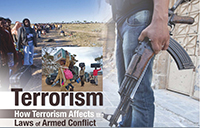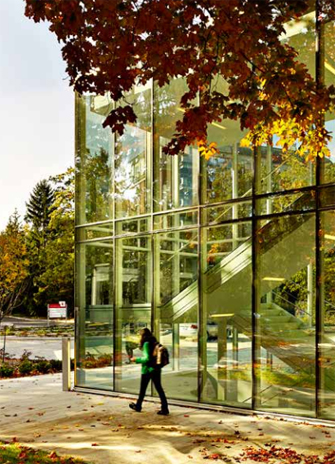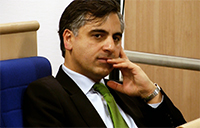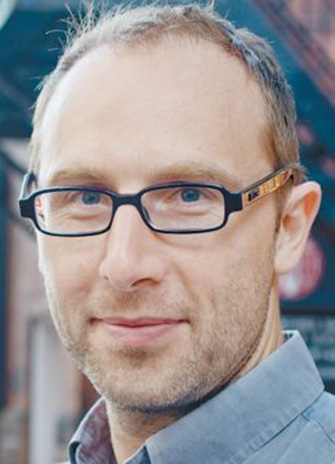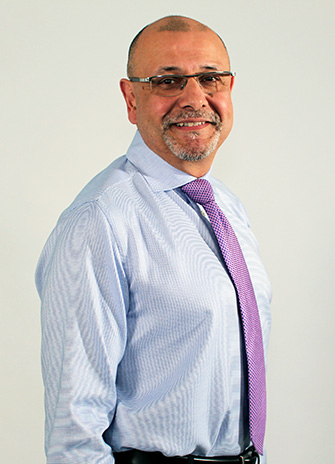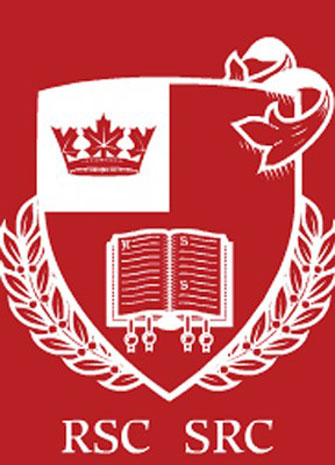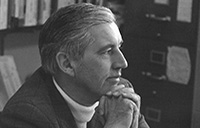The third annual International Humanitarian Law Conference (IHLC) will explore the topic of how the laws of armed conflict are affected by terrorism.
 The event, sponsored by the Canadian Red Cross, the International Committee of the Red Cross, Glendon School of Public & International Affairs, and Glendon College, will take place on Jan. 22 from 1 to 6pm at the BMO Conference Centre, Glendon Hall.
The event, sponsored by the Canadian Red Cross, the International Committee of the Red Cross, Glendon School of Public & International Affairs, and Glendon College, will take place on Jan. 22 from 1 to 6pm at the BMO Conference Centre, Glendon Hall.
Titled “Canadian Red Cross International Humanitarian Law Conference: How Terrorism Affects the Laws of Armed Conflict,” the event will focus on the challenges that the issue of terrorism presents to the laws of armed conflict.
As contemporary conflicts involve increasingly greater numbers of non-state armed groups, understanding international rules that apply to diverse terrorist groups/organizations is essential to bringing about their compliance with international law.
This conference, which will be held in English, will bring together experts in the field, academics, representatives from the Red Cross/Red Crescent Movement and representatives from the Judge Advocates General’s Office to discuss the challenges, obligations and the applicability of IHL to terrorist groups and acts of terrorism.
The conference segment runs 1 to 5pm, and will be followed by an informal reception from 5 to 6pm.
To RSVP, visit the Canadian Red Cross website. For more on the event, visit redcross.ca/how-we-help/international-humanitarian-law/conferences–trainings-and-events.
This conference is eligible towards the Law Society of Upper Canada’s (LSUC) CPD requirements as substantive hours only. Note: This program is not accredited for professionalism hours or the new member requirement. Visit lsuc.on.ca for more information.


